

SUBSCRIBE TO OUR FREE NEWSLETTER
Daily news & progressive opinion—funded by the people, not the corporations—delivered straight to your inbox.
5
#000000
#FFFFFF
To donate by check, phone, or other method, see our More Ways to Give page.


Daily news & progressive opinion—funded by the people, not the corporations—delivered straight to your inbox.
In the latest manifestation of a savage Gaza strategy they call "mowing the grass," Israel has killed from the aloof air at least 212 Palestinians. They include 61 children, 36 women, two doctors, 10 members of one family, 17 of another from age six months to 84 years, and Ahmed al-Mansi, who'd just posted a loving, heartrending video of going to the market to buy toys to soothe his three "sad" kids, jittery from the bombings. "Don't worry," he says as planes rumble above. "Keep playing."
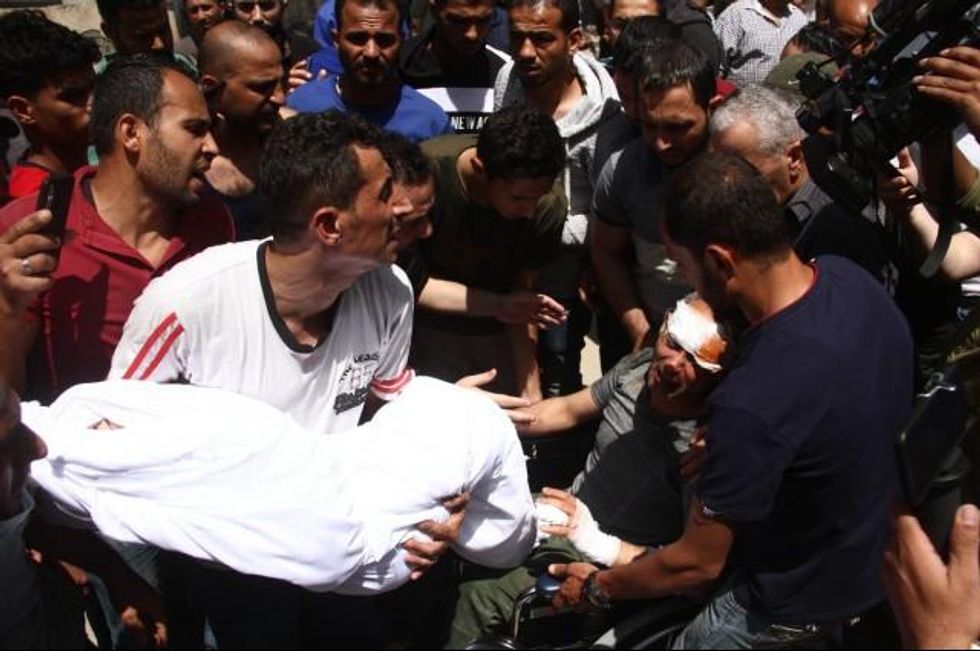
Photo by Mahmoud Ajjour/Palestine Chronicle. Front photo: Screenshot of Ahmed and Sarah
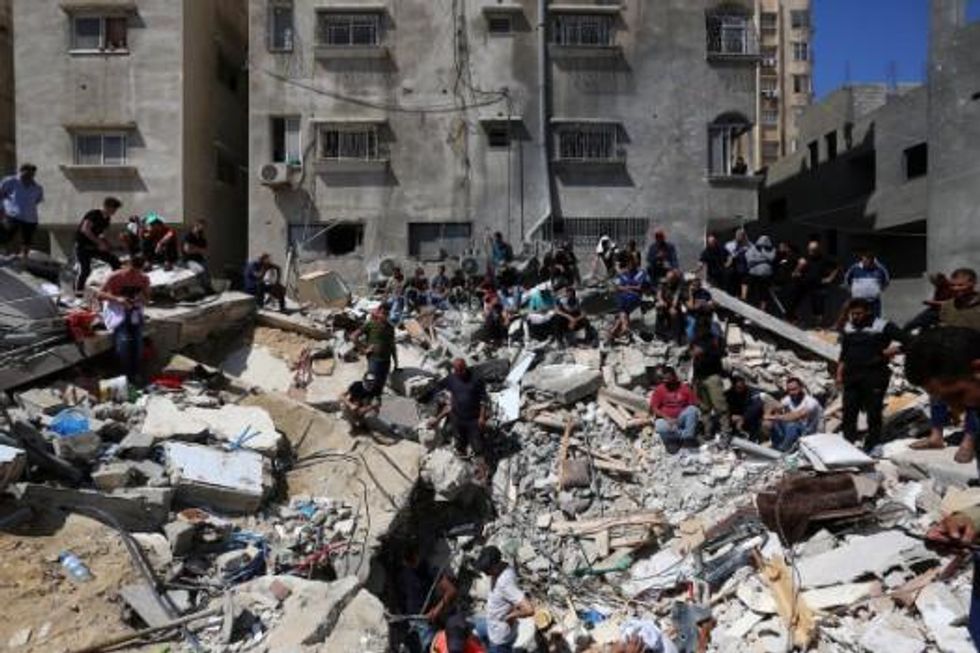
Looking for survivors. Photo by Ashraf Amra/APA
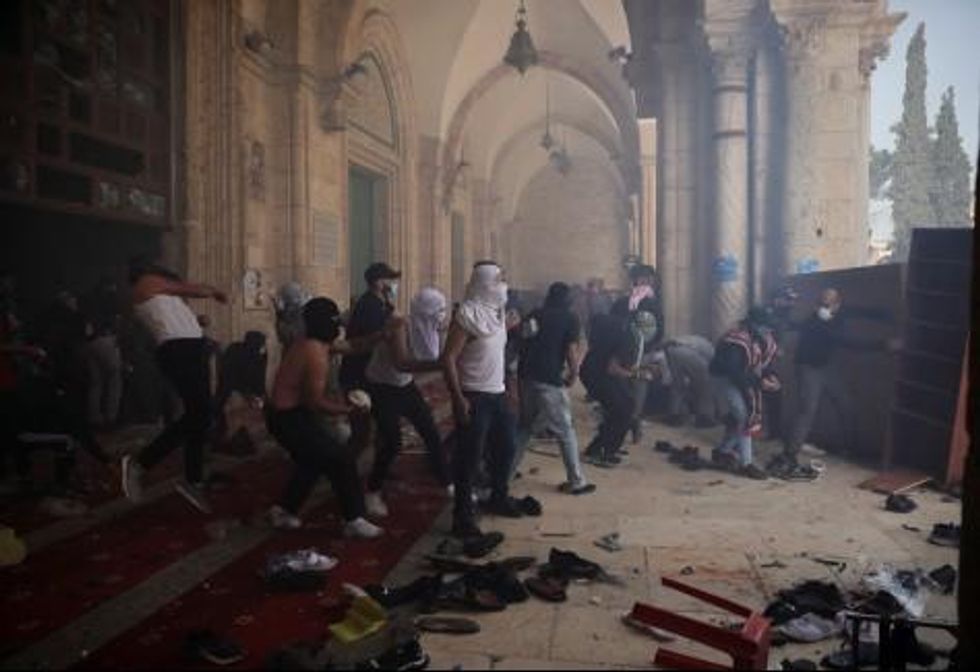
Tear-gassed protesters. Twitter photo.
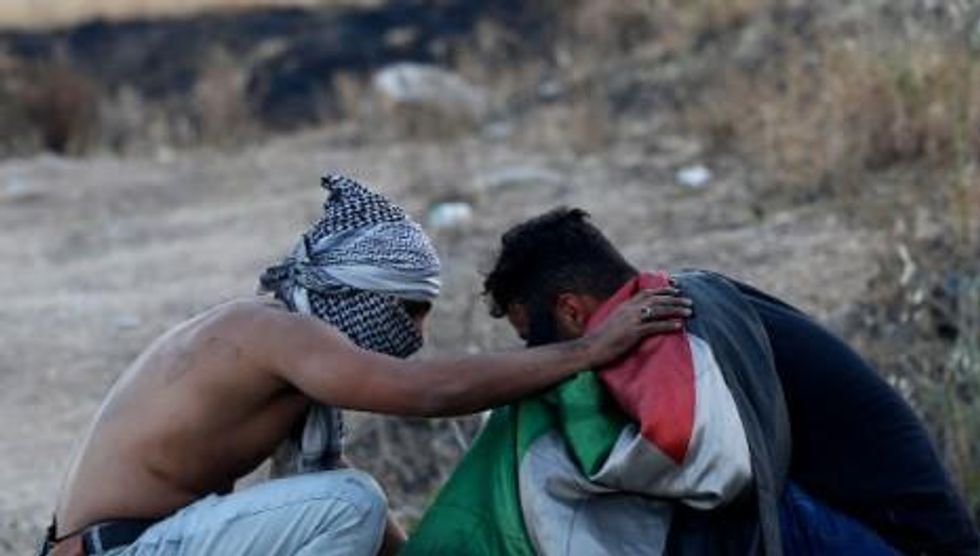
Twitter photo
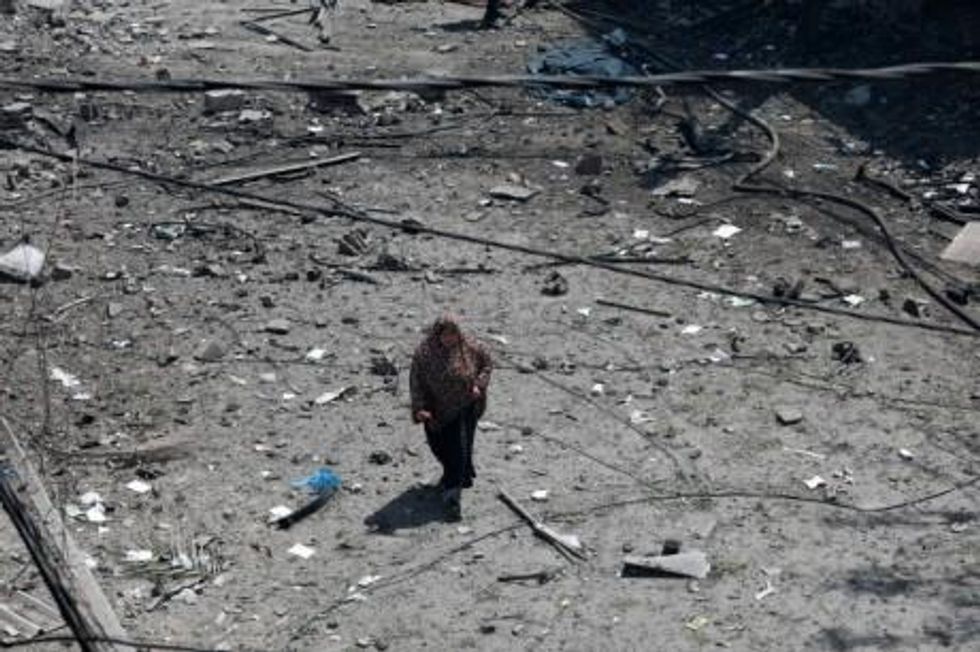
Photo by Mohammed Zaanoun/Activestills
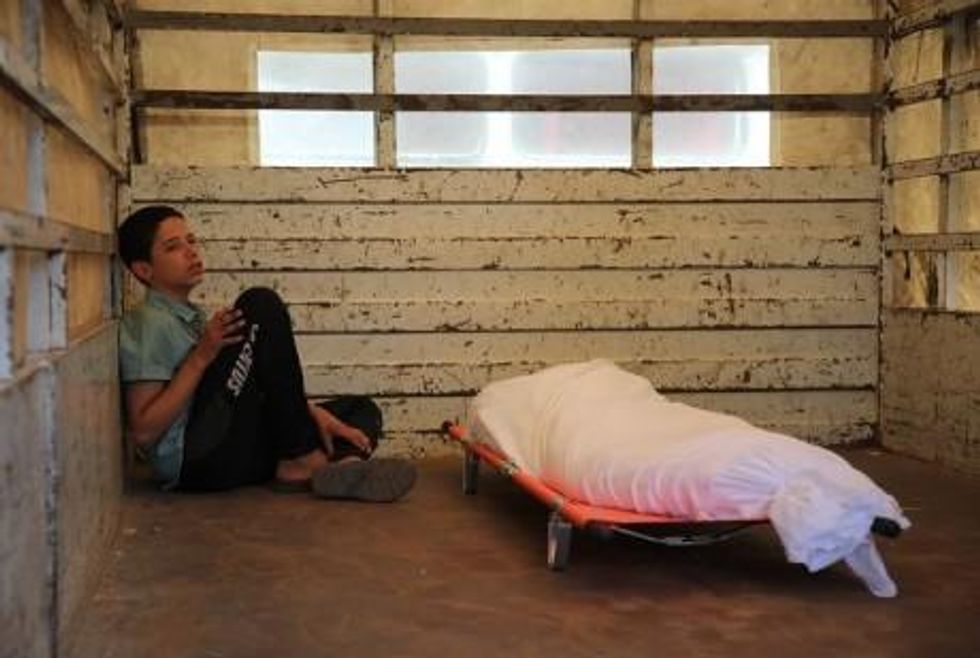
Boy with body of a relative being transported. Photo by Mahmoud Ajjour/Palestine Chronicle
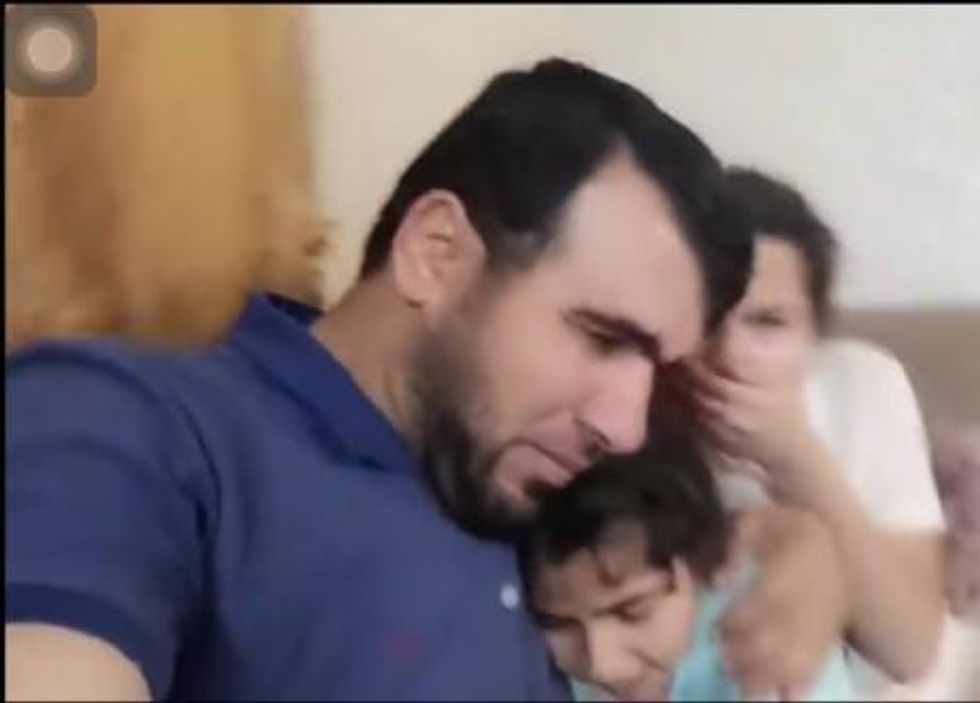
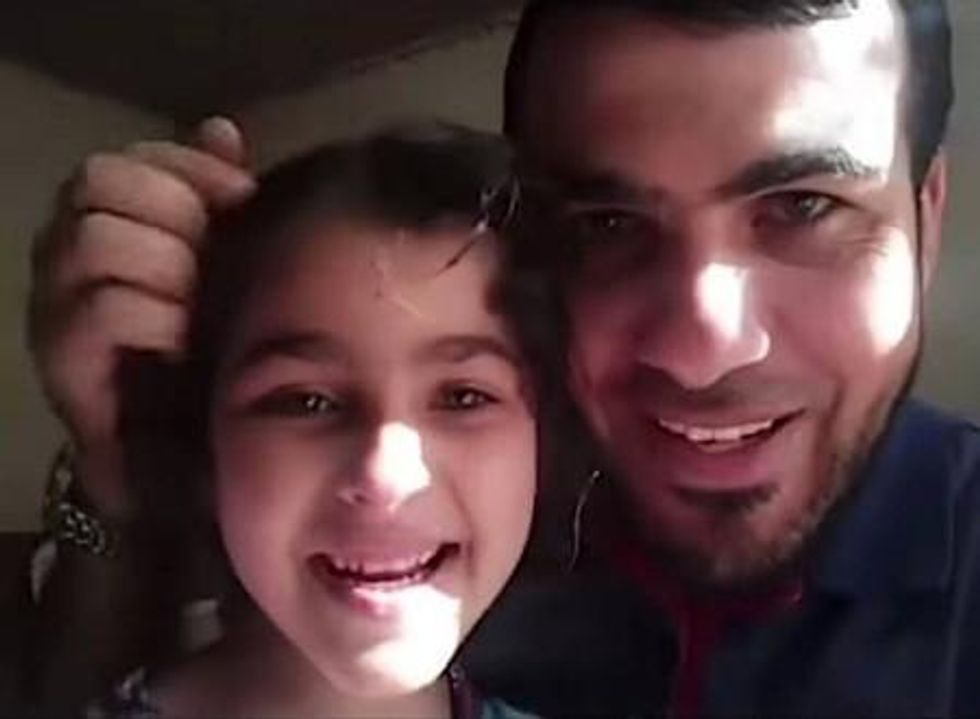
Ahmed and Sarah
Dear Common Dreams reader, The U.S. is on a fast track to authoritarianism like nothing I've ever seen. Meanwhile, corporate news outlets are utterly capitulating to Trump, twisting their coverage to avoid drawing his ire while lining up to stuff cash in his pockets. That's why I believe that Common Dreams is doing the best and most consequential reporting that we've ever done. Our small but mighty team is a progressive reporting powerhouse, covering the news every day that the corporate media never will. Our mission has always been simple: To inform. To inspire. And to ignite change for the common good. Now here's the key piece that I want all our readers to understand: None of this would be possible without your financial support. That's not just some fundraising cliche. It's the absolute and literal truth. We don't accept corporate advertising and never will. We don't have a paywall because we don't think people should be blocked from critical news based on their ability to pay. Everything we do is funded by the donations of readers like you. Will you donate now to help power the nonprofit, independent reporting of Common Dreams? Thank you for being a vital member of our community. Together, we can keep independent journalism alive when it’s needed most. - Craig Brown, Co-founder |

Photo by Mahmoud Ajjour/Palestine Chronicle. Front photo: Screenshot of Ahmed and Sarah

Looking for survivors. Photo by Ashraf Amra/APA

Tear-gassed protesters. Twitter photo.

Twitter photo

Photo by Mohammed Zaanoun/Activestills

Boy with body of a relative being transported. Photo by Mahmoud Ajjour/Palestine Chronicle


Ahmed and Sarah

Photo by Mahmoud Ajjour/Palestine Chronicle. Front photo: Screenshot of Ahmed and Sarah

Looking for survivors. Photo by Ashraf Amra/APA

Tear-gassed protesters. Twitter photo.

Twitter photo

Photo by Mohammed Zaanoun/Activestills

Boy with body of a relative being transported. Photo by Mahmoud Ajjour/Palestine Chronicle


Ahmed and Sarah